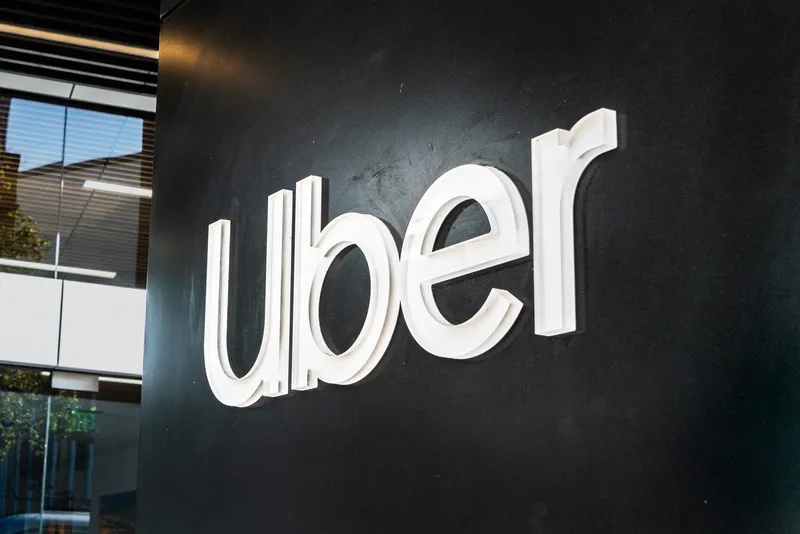Taking advantage of Tesla’s generous warranty on its Model S car, a group of young entrepreneurs from the US west coast started Tesloop, providing a travel experience they say is similar to an airline where passengers share a cabin in a plane, except that Tesloop leaves from a convenient Tesla supercharger station location.
Tesloop has an expanding fleet of fully electric Tesla model vehicles that seat up to four people. It not only employs its own drivers, but also offers two types of membership to trav
February 22, 2016
Read time: 2 mins
Taking advantage of Tesla’s generous warranty on its Model S car, a group of young entrepreneurs from the US west coast started Tesloop, providing a travel experience they say is similar to an airline where passengers share a cabin in a plane, except that Tesloop leaves from a convenient Tesla supercharger station location.
Tesloop has an expanding fleet of fully electric Tesla model vehicles that seat up to four people. It not only employs its own drivers, but also offers two types of membership to travellers: Passenger Membership, where passengers can book seats in shared cars along Tesloop’s scheduled city-to-city routes and are driven to their destination; and Pilot Club Membership, which enables members to drive the vehicle following background checks and a short period of training on vehicle operations, proper use of the Auto-Pilot features, and general Tesloop procedures. Once certified, Pilots are eligible to travel at no cost on all Tesloop scheduled routes in the driver’s seat.
The car is not fully autonomous, but the highway features in the Tesla’s Autopilot include: Adaptive Cruise Control; Auto-Steering; Lane Detection; Blind Spot Protection; Emergency Braking; Automatic Passing.
Tesloop says that, for short trips between cities, this may be the new way of travel in the coming years. Booking is simple and passengers arrive at the departure point 20 minutes before the scheduled departure, instead of going through the waiting and security checks at the airport, which it claims can add up to two hours to a flight.
In common with the airlines, Tesloop also offers wi-fi, device chargers and water; juices, light meals and snacks are available for purchase during the trip.
Tesloop has an expanding fleet of fully electric Tesla model vehicles that seat up to four people. It not only employs its own drivers, but also offers two types of membership to travellers: Passenger Membership, where passengers can book seats in shared cars along Tesloop’s scheduled city-to-city routes and are driven to their destination; and Pilot Club Membership, which enables members to drive the vehicle following background checks and a short period of training on vehicle operations, proper use of the Auto-Pilot features, and general Tesloop procedures. Once certified, Pilots are eligible to travel at no cost on all Tesloop scheduled routes in the driver’s seat.
The car is not fully autonomous, but the highway features in the Tesla’s Autopilot include: Adaptive Cruise Control; Auto-Steering; Lane Detection; Blind Spot Protection; Emergency Braking; Automatic Passing.
Tesloop says that, for short trips between cities, this may be the new way of travel in the coming years. Booking is simple and passengers arrive at the departure point 20 minutes before the scheduled departure, instead of going through the waiting and security checks at the airport, which it claims can add up to two hours to a flight.
In common with the airlines, Tesloop also offers wi-fi, device chargers and water; juices, light meals and snacks are available for purchase during the trip.








